
|
|

|
All Questions Topic List |
OthersQuestion and Answers: Page 57 |
Question Number 111774 Answers: 1 Comments: 0
|
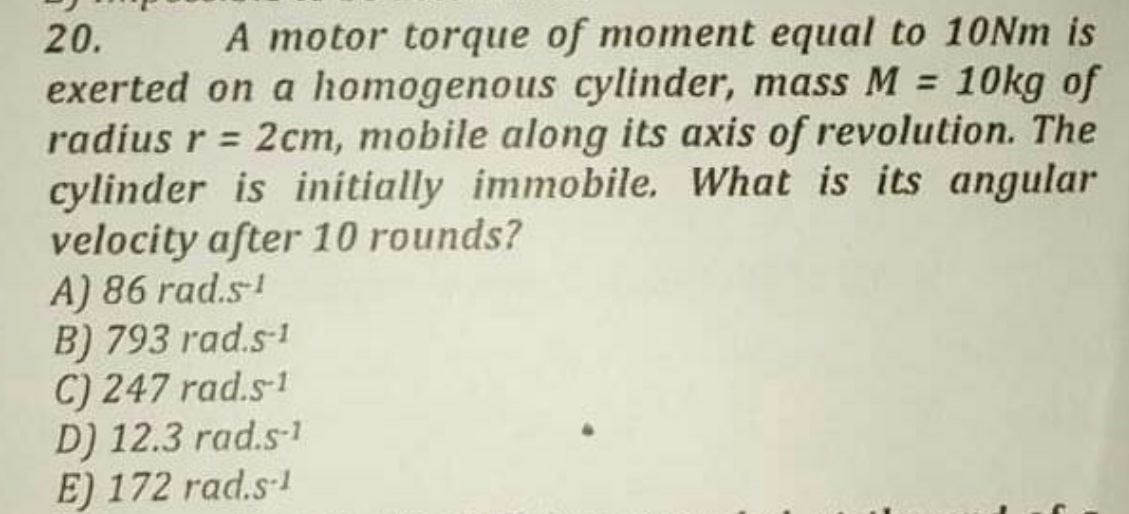
|
Question Number 111668 Answers: 0 Comments: 6
|
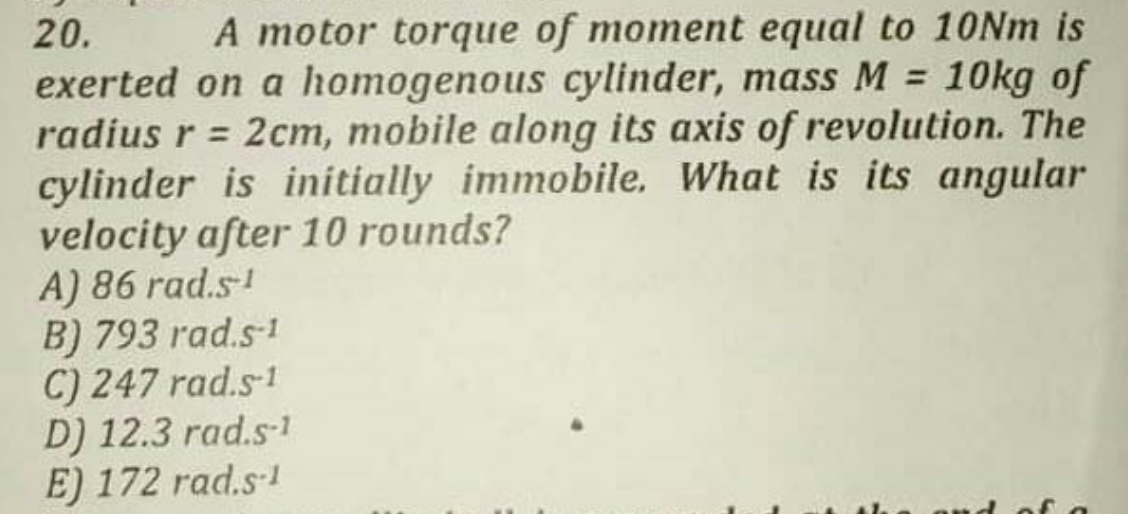
|
Question Number 111643 Answers: 1 Comments: 0
|
| ((7/3))!(with out calculator)
|
|
Question Number 111536 Answers: 2 Comments: 2
|
| Let 2,3,5,6,7,10,11,... be increasing
sequence of positive integers that are
neither the square nor cube of an
integer. Find the 2016th term of this
sequence.
|
|
Question Number 111466 Answers: 1 Comments: 2
|
| Σ_(n=1) ^∞ (n^n /(n!))
|
|
Question Number 111450 Answers: 0 Comments: 1
|
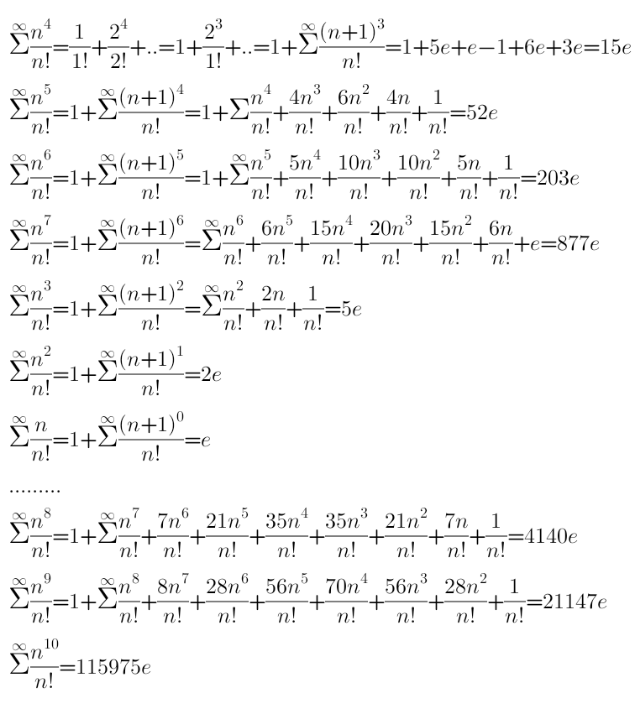
|
Question Number 111428 Answers: 0 Comments: 1
|
| Σ_(n=1) ^∞ (n^3 /(n!))
|
|
Question Number 111132 Answers: 1 Comments: 0
|
| prove by mathematical induction
⇒ 7^n −(3n+4)×4^(n−1) divided by 9
|
|
Question Number 111152 Answers: 0 Comments: 0
|
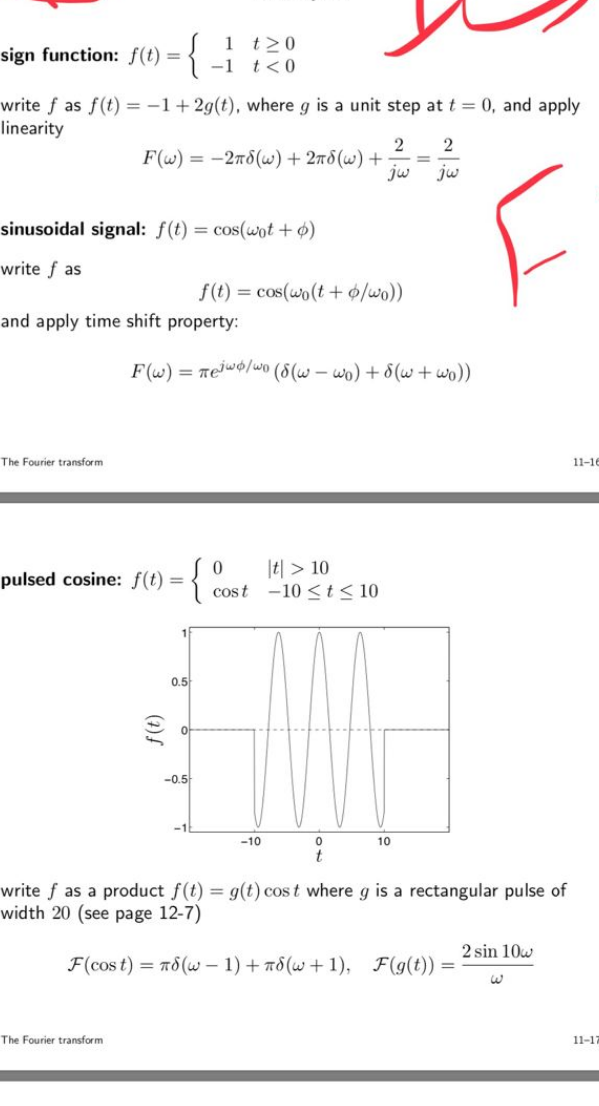
|
Question Number 111080 Answers: 1 Comments: 0
|
| (√(bemath))
(1)Σ_(k=50) ^(100) (1/(k(151−k))) ?
(2) without L′Hopital and series
find the value of lim_(x→0) ((xcos x−sin x)/(x^2 sin x))
|
|
Question Number 110860 Answers: 1 Comments: 0
|
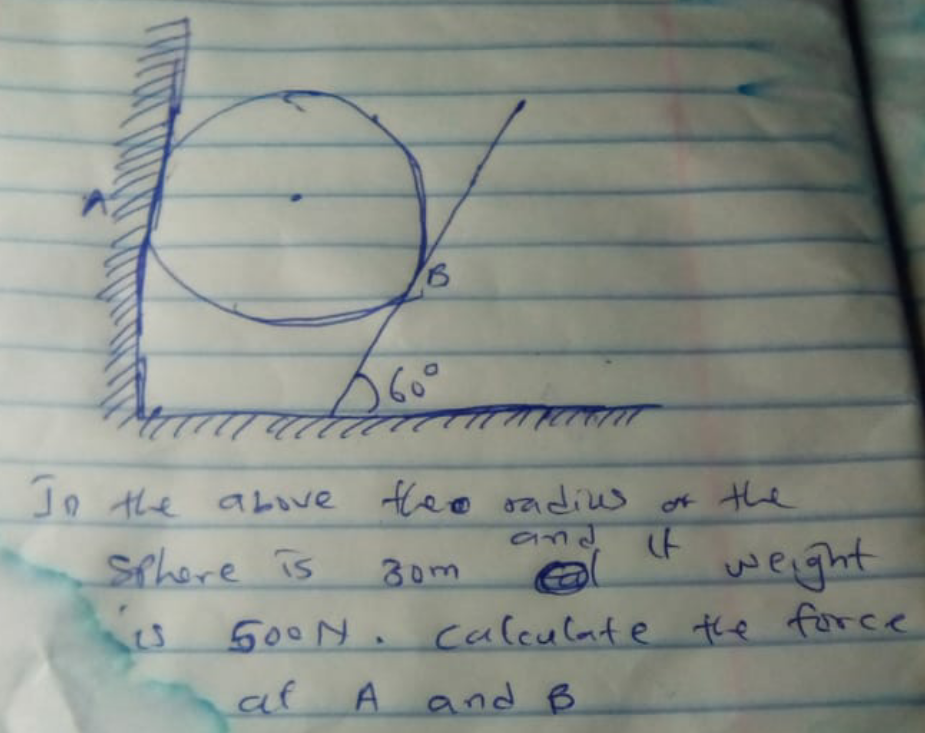
|
Question Number 110742 Answers: 0 Comments: 0
|
| please give me a result of E(tanx)
|
|
Question Number 110385 Answers: 0 Comments: 3
|

|
Question Number 110920 Answers: 1 Comments: 1
|

|
Question Number 110919 Answers: 1 Comments: 0
|
| lim_(n→∞) (Σ_(r=1) ^n (1/(3^r r!))(Π_(k=1) ^r (2k−1)))
|
|
Question Number 109922 Answers: 1 Comments: 0
|

|
Question Number 109787 Answers: 0 Comments: 0
|
| How to prove that ▽×(▽×E)= ▽▽.E−▽^2 E, where E is the eletric field?
|
|
Question Number 109776 Answers: 0 Comments: 0
|
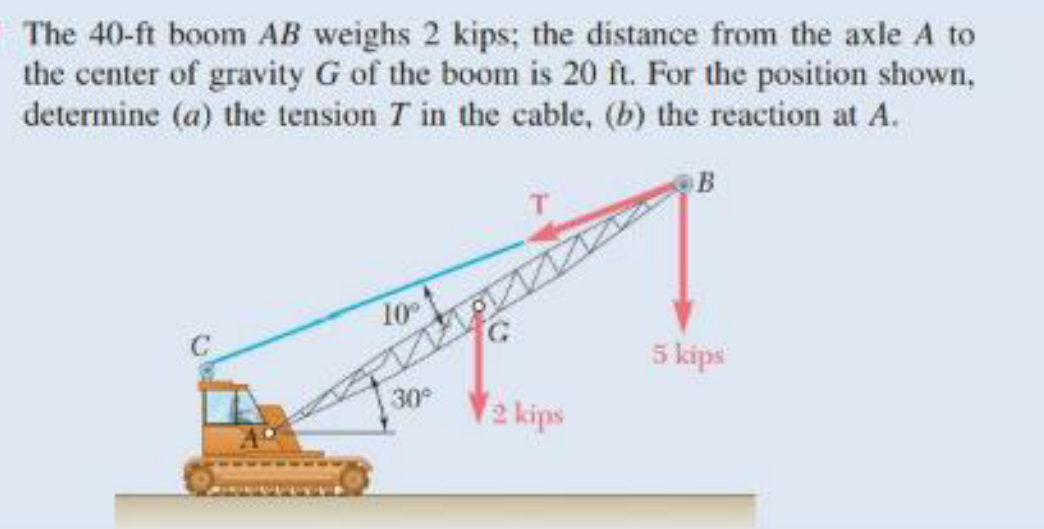
|
Question Number 109655 Answers: 0 Comments: 0
|

|
Question Number 109619 Answers: 0 Comments: 2
|
| Σ_(n=1) ^∞ ((n!)/n^n )
|
|
Question Number 109208 Answers: 1 Comments: 0
|
| ∫_0 ^∞ ((x^n −1)/(x−1)).(x/e^x )dx
|
|
Question Number 109123 Answers: 0 Comments: 0
|
| prove that :
∫_(π/4) ^((3π)/4) sin(x)−cos(x)dx ≥∫_π ^((3π)/2) sin(x)+cos(x)dx
|
|
Question Number 109119 Answers: 2 Comments: 0
|
| if f(x^2 )=y ,f′(x)=(√(5x−1 )) then
(dy/dx)=.....
|
|
Question Number 109117 Answers: 1 Comments: 0
|

|
Question Number 109082 Answers: 1 Comments: 0
|
| prove that :
∫_(−(π/2)) ^(−(π/4)) 2cos(x)+sin(x)dx≤∫_(−(π/2)) ^(−(π/4)) cos(x)−sin(x)dx
|
|
Question Number 108951 Answers: 0 Comments: 0
|
| Σ_(n=1) ^∞ ((n!)/n^n )
|
|
Pg 52
Pg 53
Pg 54
Pg 55
Pg 56
Pg 57
Pg 58
Pg 59
Pg 60
Pg 61
|
Terms of Service |
Privacy Policy |
Contact: info@tinkutara.com |






















